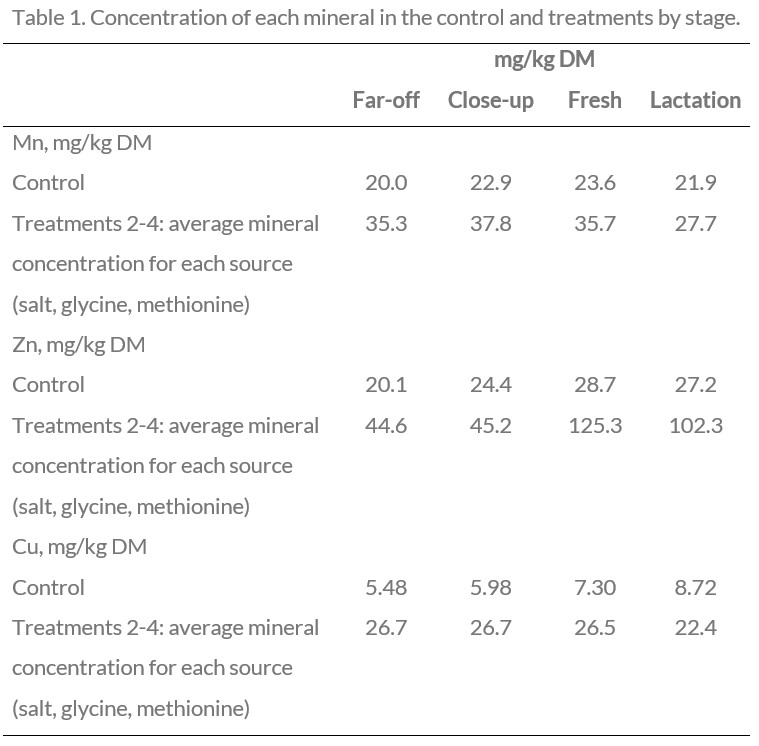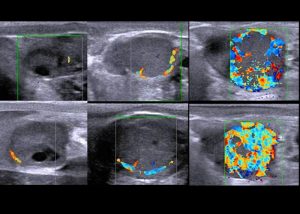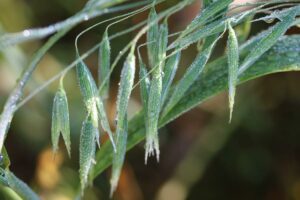Álvaro García
Trace minerals have long been recognized for their essentiality in dairy production. They participate in multiple metabolic processes in the body, as part of key proteins and enzymes needed to digest and metabolize feedstuffs. Their deficiency results in deleterious effects on growth, production, reproduction, and health.
Among them copper (Cu), manganese (Mn), and zinc (Zn) are three that have been extensively studied because of their effect not only on cow productivity but also health. Supplementation has largely been done with inorganic salts of these trace minerals. Nutritional advances in the 20th century have led to the development of organic chelates of trace minerals, with some research having proven to be better absorbed by the cow.
Better mineral retention in the body would also mean that less minerals would be excreted, with clear environmental benefits. Not every experiment however has demonstrated the advantages of trace mineral chelates when compared to the inorganic sources. Factors unrelated to the supplements can also play a role in the results of an experiment.
Aside from the quality of the supplements there can also be effects on the animals such as stress, previous mineral status, and the physiological stage of the animal. The transition period in dairy cows from three weeks before to three weeks after calving, is a time in the life cycle of the cow where there are plenty of challenges derived from the mismatch between nutrient intake and requirements. This period is particularly stressful and could benefit from the supplementation with trace minerals of better bioavailability.
An experiment conducted by Roshanzamir et al., (2020) looked precisely at the effects of supplementing pre- and post-partum dairy cows with inorganic and organic sources of Mn, Zn and Cu on their productivity, immunoglobulins, and antioxidant status.
The supplements used were inorganic salts or organic chelates (with glycine- or methionine- as ligands) of Mn, Zn and Cu. Forty dry Holstein cows were in the experiment for 60 days pre-calving up to 100 days post-calving. The cows were blocked based on parity (second and third lactations) and then assigned to one of 4 experimental treatments (10 cows each, with each cow in individual tie stalls) as follows:
- Control diet free of supplemental Zn, Cu and Mn
- Zn, Mn, and Cu sulphates
- Zn, Mn, and Cu as glycine salts
- Zn, Mn, and Cu as methionine salts
The Cu, Mn, and Zn concentrations of the control diet were lower than those of the diets containing supplemental minerals. Diets 2-4 provided the same amounts of Cu, Mn, and Zn, with the chemical form being the only difference.

Effects of organic and inorganic sources of Mn, Zn and Cu
The results showed that supplementation with both Mn, Zn and Cu as methionine, glycine or sulphate salts had positive effects on dry matter (DM) digestibility, DM intake, colostrum and milk yield, milk somatic cell count (SCC), and blood Mn and Zn.
Supplementation with Mn, Zn and Cu in the diets increased blood and milk total antioxidant capacity and blood IgA and IgM in the cows and their recently born calves.
No differences were observed between the organic and inorganic sources on DM digestibility, DM intake, colostrum and milk production, and milk SCC. However, the blood concentrations of IgA and IgM in cows supplemented with organic Mn, Zn and Cu, were higher than those on sulphate minerals.
Conclusion
The authors concluded that supplementation of Mn, Zn and Cu as methionine, glycine or sulphate salts can improve colostrum and milk production, blood Zn and Mn and immunity in cows and their calves.
From this experiment it was also apparent that the organic sources of Mn, Zn and Cu were better than the sulphate forms when it comes to stimulate blood immunoglobulins.
These results are very important since it has been demonstrated that Zn status in young calves reduces the incidence of diarrhea, and the best moment for its supplementation is during the first month of life. It has been suggested that the mechanism by which this occurs might be by decreasing the permeability of the intestinal mucosa to exogenous pathogens.
Zinc improves the enzyme functions at the intestinal brush border and helps with the repair of the intestinal mucosa. Additional potential roles of Zn that deserve consideration are enhanced cell-mediated immunity and the electrolyte secretion and absorption mechanisms in the intestine.
Reference
Roshanzamir, Habiballah & Rezaei, Javad & Fazaeli, Hassan. (2020). Colostrum and milk performance, and blood immunity indices and minerals of Holstein cows receiving organic Mn, Zn and Cu sources. Animal Nutrition. 6. 10.1016/j.aninu.2019.08.003.
© 2021 Dellait Dairy Knowledge Center. All Rights Reserved.











